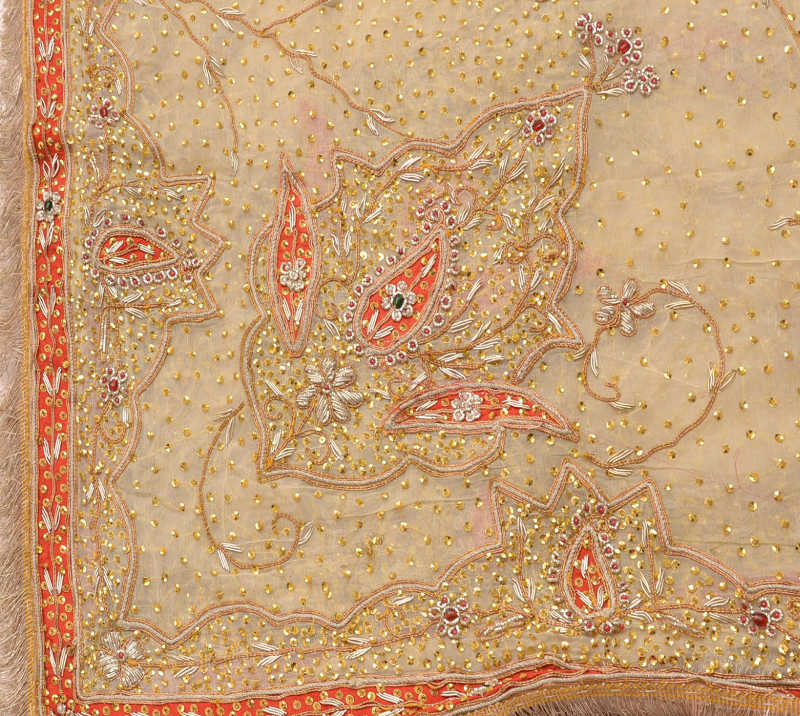===
0309,
15
===

=== |
 |
taʿaiyun (of which taʿʾīn is a corruption) : 'Specifying, fixing, determining, assigning, appointing, deputing, establishing; appointment, establishment, determination, &c.' (Platts p.328)
naz̤ar : 'Sight, vision, view; look, regard, glance; observation, inspection; supervision; —favourable regard, favour, countenance; —view, opinion, estimation; —intent, design; —regard, relation, reference'. (Platts p.1143)
kahīñ : 'Somewhere; anywhere; wherever, whithersoever; —ever, anyhow, by any chance; ever-so-much, far, greatly; —may be, perhaps, peradventure'. (Platts p.808)
FWP:
SETS
MOTIFS
NAMES
TERMS == VERSE-SETSRF's discussion of verse-sets makes clear how crucial a role later editors (rather than the original poets themselves) play in identifying them. In the Abbasi-Mahfuz edition of the kulliyat (for which SRF has helped in the editing), this three-verse verse-set is marked as an independent one. I don't know whether there's any manuscript (or other) evidence either way.
In any case, this is an absolutely compellingly 'verse-set' kind of verse, since otherwise it would make no sense at all.
Note for grammar fans: How can kahtā thā , the habitual ('he used to say'), be combined with ek din ('one day'), which clearly points to a single occurrence? All I can say is that he's Mir and we're not. But don't try that in your Urdu class.